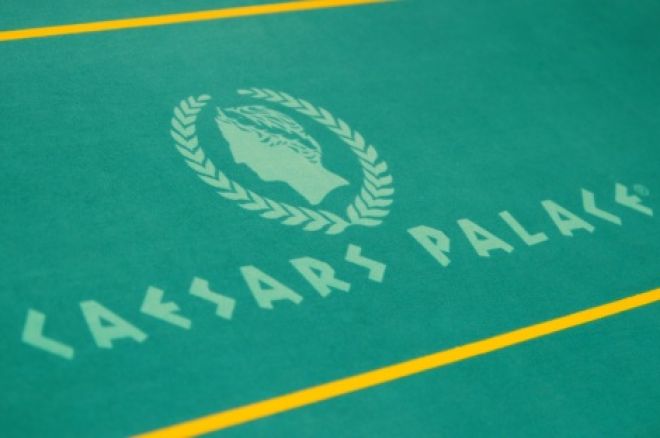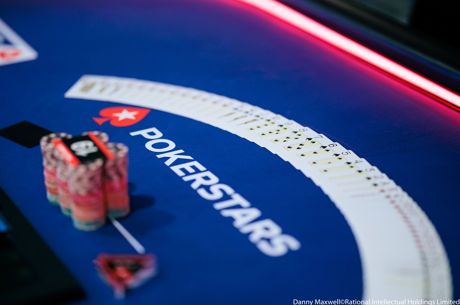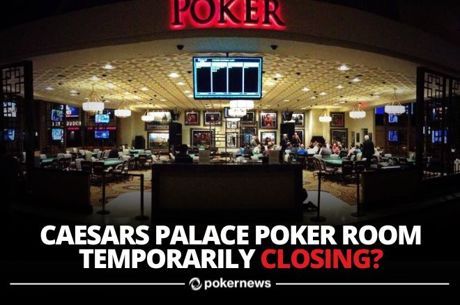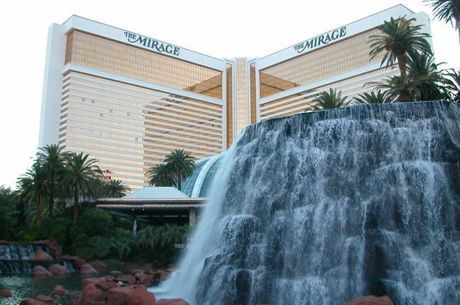Lax Anti-Money Laundering Controls on High Rollers Cost Caesar Palace Millions in Fines

The U.S. Financial Crimes Enforcement Network (FinCEN) and Caesars Palace agreed on an $8 million fine to settle a dispute caused by Caesars' "willful and repeated violations of the Bank Secrecy Act (BSA)."
In a statement issued Wednesday, the FinCEN explained that Caesars Palace has also been requested to change their policies against fraud and money laundering, and "conduct periodic external audits and independent testing of their anti-money laundering (AML) compliance program".
In addition, Caesars Palace will have to report to FinCEN on mandated improvements, adopt a rigorous training regime, and engage in a "look-back" for suspicious transactions.
The casino allowed a blind spot to exist in their 'private gaming salons' that are reserved for Caesars' wealthiest clientele who may gamble millions of dollars in a single visit.
"Several failures at Caesars caused systemic and severe AML compliance deficiencies," FinCEN explained. "The casino allowed a blind spot to exist in their 'private gaming salons' that are reserved for Caesars' wealthiest clientele who may gamble millions of dollars in a single visit, and which openly allowed patrons to gamble anonymously."
"Despite the elevated money laundering risks present in these salons, Caesars failed to impose appropriate AML scrutiny, which allowed some of the most lucrative and riskiest financial transactions to go unreported."
The FinCEN, which is a part of the U.S. Department of Treasury, also criticized Caesars' international operations, as they believe "Caesars marketed these salons through branch offices in the U.S. and abroad, particularly in Asia, but failed to adequately monitor transactions, such as large wire transfers, conducted through these offices for suspicious activity," FinCEN explained. "These failures compromised Caesars and exposed the casino and the U.S. financial system to illicit activity."
According to FinCEN's Director Jennifer Shasky-Calvery, Caesars deliberately chose to ease some controls as this was functional to their business - especially when high rollers were involved.
"Caesars knew its customers well enough to entice them to cross the world to gamble and to cater to their every need," Shasky-Calvery explained. "But, when it came to watching out for illicit activity, it allowed a blind spot in its compliance program. Every business wants to impress its customers, but that cannot come at the risk of introducing illicit money into the U.S. financial system."
Shasky-Calvery also thanked the Criminal Investigation Division of the IRS, the United States Attorney's Office for the District of Nevada, the Nevada Gaming Control Board, and the Attorney General's Office for the State of Nevada for their significant contributions to the investigation.
As previously explained here on PokerNews, this is not the first time a major actor in the gambling industry incurred similar sanctions as the FinCEN already leveled accusations at the Tinian Dynasty Hotel & Casino in Northern Mariana Islands and issued a $75-million fine to the resort accusing the property of conducting too weak of controls against money laundering and not reporting suspicious activities.
Get all the latest PokerNews updates on your social media outlets. Follow us on Twitter and find us on both Facebook and Google+!









